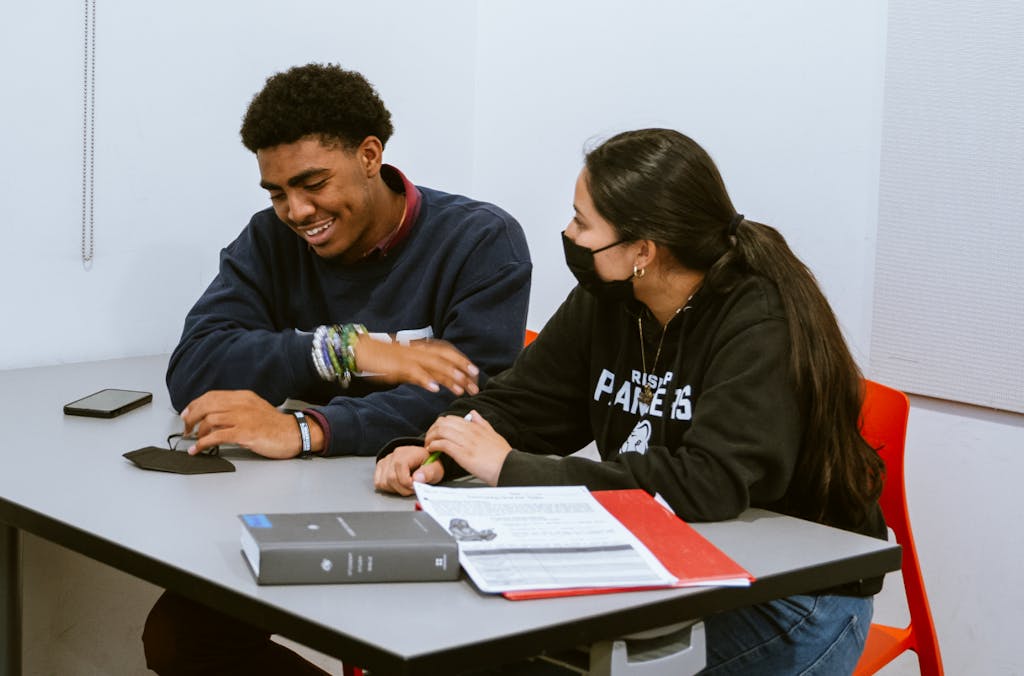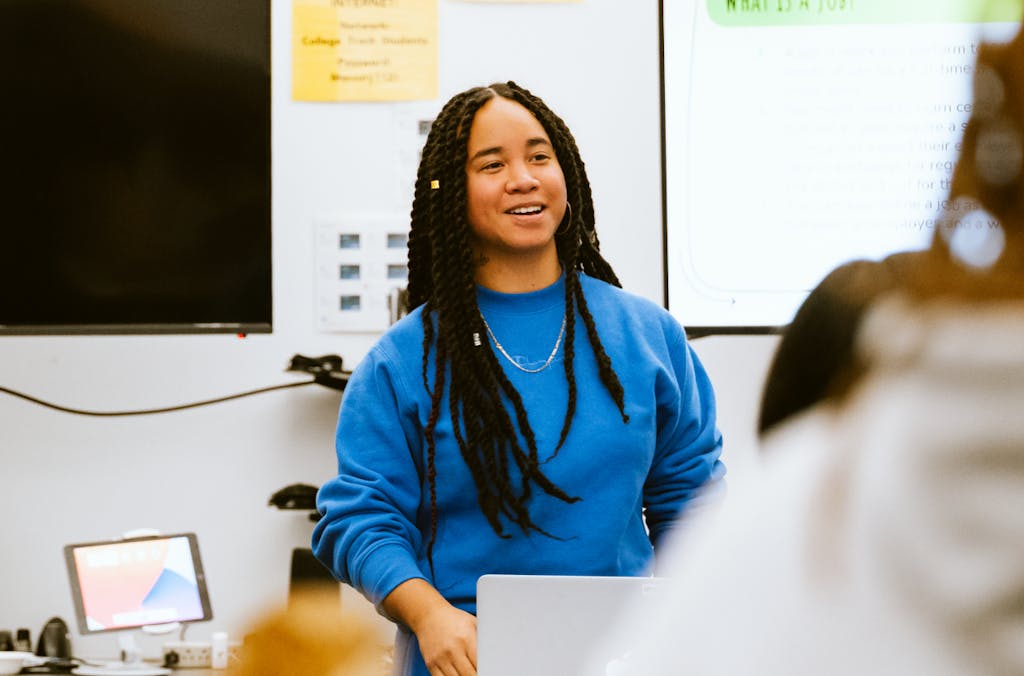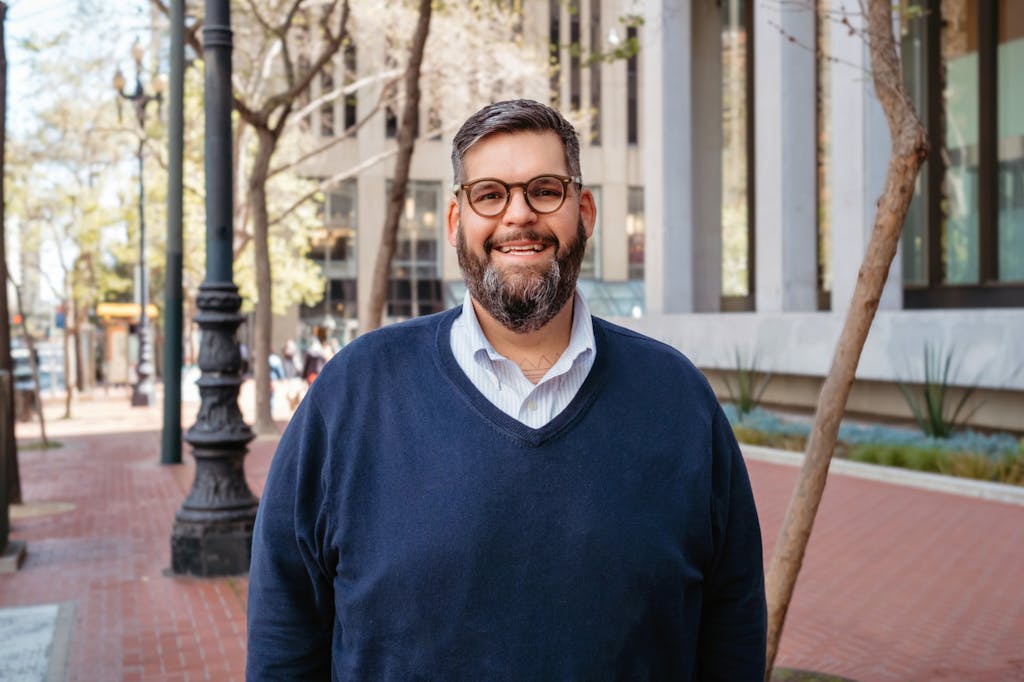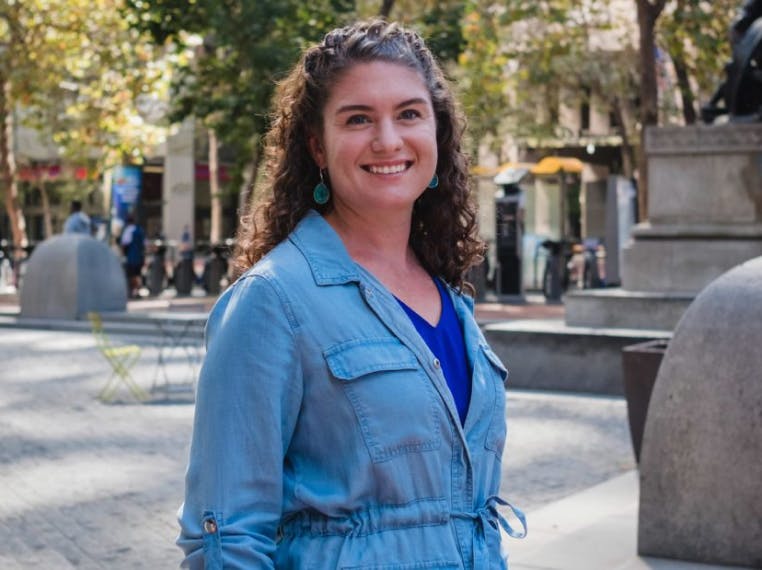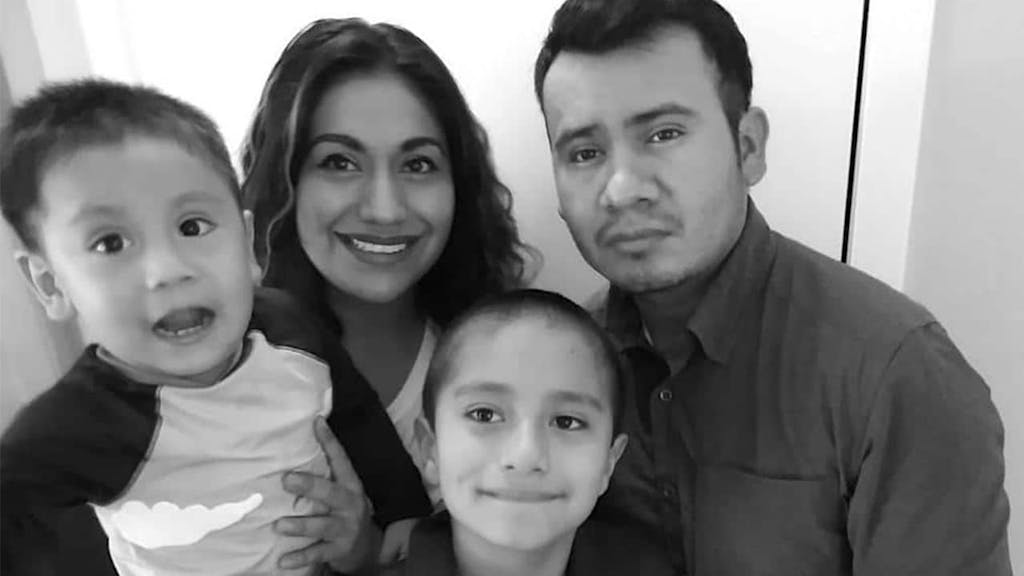Nick
Arevalo
Capacity Building Director

Nick Arevalo
Capacity Building Director
narevalo@tippingpoint.org
"I believe the difference between poverty and a brighter future is usually dependent on the existence of opportunity. I joined Tipping Point Community, because I’m dedicated to helping create more opportunities for individuals in the Bay Area."
Prior to joining Tipping Point Community, Nick was an Orfalea Fellow at the William J. Clinton Foundation in Harlem, where he worked on domestic programs focused on entrepreneurship and helping individuals gain access to the financial mainstream. He earned his M.P.A. from the University of Southern California and his B.A. in Political Science from Sonoma State University. He has worked as an Analyst at Wildan Financial Services and a Project Coordinator at the Sonoma Economic Development Board. Born in El Salvador, his Latino heritage inspires his passion for life, dancing and spicy food.



